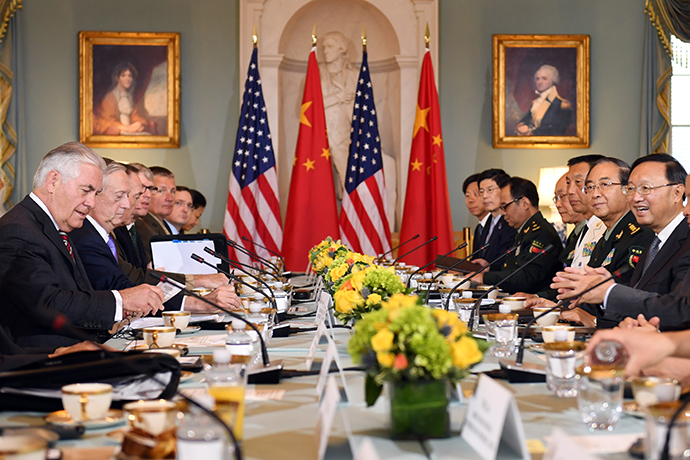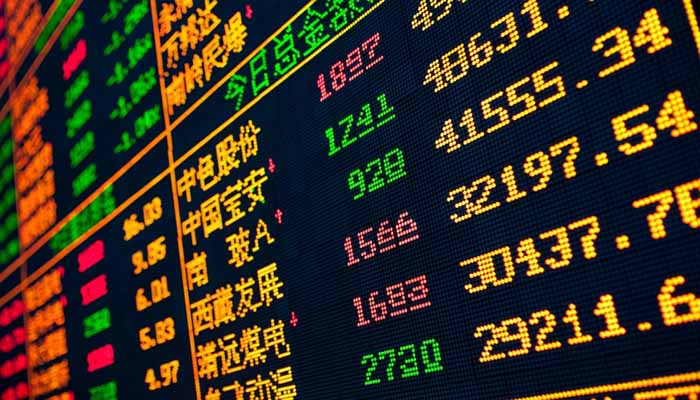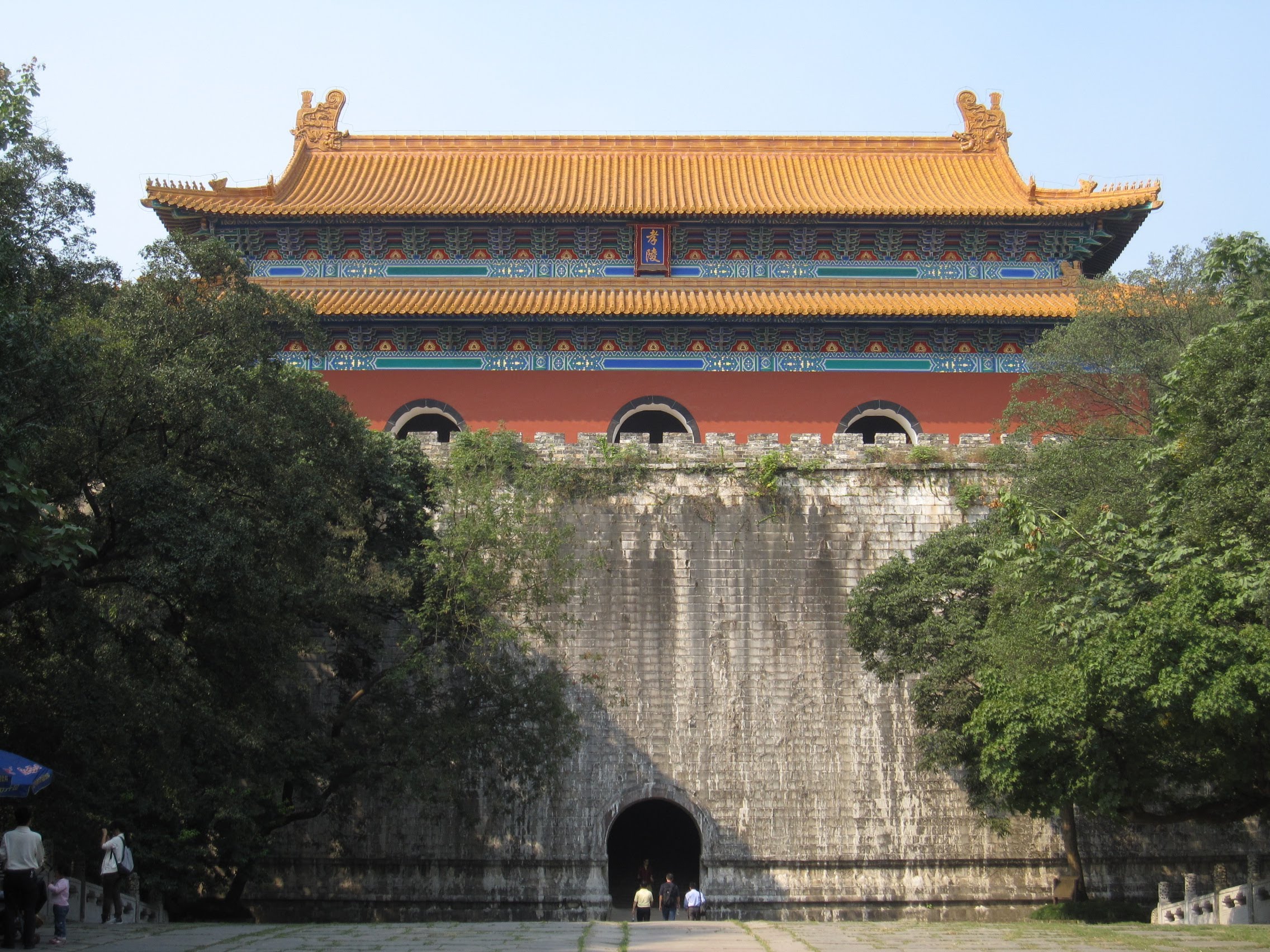
 The End of China's Honeymoon with Trump & Diplomatic and Security Dialogue
The End of China's Honeymoon with Trump & Diplomatic and Security DialogueTop U.S. and Chinese diplomats and military leaders met for the inaugural Diplomatic and Security Dialogue in Washington D.C. on June 21. U.S. media reports have highlighted the U.S.-side's urging for China to use more economic and diplomatic pressure to get Pyongyang to rein in its nuclear missile program. U.S. Secretary of State Rex Tillerson, in a joint press availability with Secretary of Defense Jim Mattis, said that both sides have agreed that they should not do business with any UN-designated North Korean entities in accordance with UN Security Council resolutions.
Prior to the sit-down between top Chinese and U.S. officials, President Trump tweeted: "While I greatly appreciate the efforts of President Xi & China to help with North Korea, it has not worked out," signaling his frustration. In quoting the tweet and citing other developments, a New York Times report posited: "the short, unexpected honeymoon China enjoyed with Trump seems to be in trouble." Barton Swaim, in a Washington Post op-ed disagreed with the NYTimes' "one-dimensional" assessment of Trump's tweet, arguing that "[Trump] and his advisers are formulating a strategy to deal with North Korea. Or at any rate Trump is more interested in planning a response than in expressing one."
China's state news agency, Xinhua, filed a roundup that essentially reads like a foreign ministry statement, listing China's positions (link in Chinese) presented to the U.S. officials during the dialogue on the issues of Taiwan, Tibet, North Korea, South China Sea, counterterrorism, as well as Middle East and Afghanistan. It didn't mention the specifics on what the two nations have agreed in dealing with North Korea, but as the South China Morning Post reported, the discussions were meant to establish a "crisis-management mechanism." Trump is to meet with Chinese President Xi Jinping during the G20 summit in Hannover, Germany in July, and visit China later this year.
A Financial Times article reported that U.S. trade representative Robert Lighthizer, testifying before Congress on June 21, fired a warning shot at Beijing, cautioning that any decision to label China a "market economy" would have "cataclysmic" consequences. The top trade advisor to Trump also warned of tougher negotiations in trade talks with Beijing going forward. Among the issues the U.S. was now focusing on were new barriers to U.S. tech companies doing business in China, he said.
The June 21 high-level talks took place as part of an agreement between Xi and Trump during their first summit in Florida in April. In addition to diplomacy and security, there are another three dialogue areas: trade and commerce, law enforcement and cyber, as well as people-to-people exchanges. The Trump administration has sought to build "constructive and result-oriented" bilateral ties with China in a more focused format compared to the Obama-era "Strategic & Economic Dialogue."
 China Gains Entry in MSCI's Emerging Markets Benchmark, Lifting Stocks
China Gains Entry in MSCI's Emerging Markets Benchmark, Lifting StocksChina's entry to the MSCI global benchmark equity index is a significant step in integrating Chinese stocks further into the global financial system. This comes after previous attempts were denied by the MSCI stakeholders out of concerns of "how China polices its stock markets and the difficulties money managers face when repatriating funds on demand." To sidestep these concerns, only 5% of market capitalization of Chinese A-shares, or 222 large cap stocks. These shares have been included on the onset, with more to be added on a gradual basis.
The reaction to Chinese inclusion has been mostly positive, both for Chinese companies, and international investment groups which will have significantly more access to invest in China. Caixin reported that, "local Chinese companies are likely subjected to more scrutiny from foreign investors, which could help improve corporate governance and efficiency of the market." Caixin also published a series of reactions from groups such as Credit Suisse, The American Chamber of Commerce in Shanghai, and Fidelity International. This week, Chinese stocks hit an 18-month high following the decision. SupChina has an explainer on the MSCI, and also explains how to say it in Chinese(明晟指数).
 Hong Kong To Celebrate 20 Year Anniversary of Its Return to China
Hong Kong To Celebrate 20 Year Anniversary of Its Return to ChinaOn July 1, Hong Kong will celebrate the 20th anniversary of its return to Mainland China from Britain. President Xi Jinping will be in Hong Kong for the celebrations, where he also will oversee the swearing-in of the new chief executive, Carrie Lam Cheng Yuet-ngor and her cabinet. The South China Morning Post has a list of events next week for the handover celebration, including Peking Opera Theatre, the Berlin Philharmonic with Lang Lang, and even a Yao Ming charity basketball match.
U.S. Consul General Kurt Tong spoke at an Asia Society event in NYC last week, touting Hong Kong as a success story. Watch the full video here. He assessed the encouraging growth of Hong Kong's political and economic systems, and elaborated on how the U.S. and China can each leverage Hong Kong to positively impact bilateral ties. Xinhua picked up his remarks and ran with it, quoting him as saying: "Hong Kong's commitment to the rule of law, its transparency, its openness, and its high degree of autonomy under the 'one country, two systems' framework are the key drivers behind its well-deserved reputation as a leading center for global finance and trade."
Published in The Diplomat, Tung Chee-Hwa, Chairman of the China-United States Exchange Foundation, had an optimistic take on how far Hong Kong has come since the handover, while still highlighting challenges, such as growing inequality. A World Bank study he cited showed that Hong Kong's governance ranking "rose in many key categories in the twenty-year period from 1996 to 2015. Under the category Rule of Law, Hong Kong improved from 60th to 12th. In Government Effectiveness, Hong Kong improved from 28th to 3rd."
An opinion piece by Friedriech Wu published in the South China Morning Post had a less optimistic view of Hong Kong's ongoing structural issues. Like Tung Chee-Hwa he cited the increasing gap between rich and poor, but pointed to "the government's fiscal dependence on high land prices through its continued collusion with property developers," and overall "crony capitalism," as its main causes. Time will tell whether Chief Executive-elect Carrie Lam, who on Wednesday unveiled her cabinet picks and policy platform, will be able to solve these difficult problems.
If you're interested to learn more about the handover, here is a short video explainer on the dynamics of trade between China and Britain that eventually led to the first and second opium wars, as well as Britain's colonization of Hong Kong.
 The Hongwu Emperor of the Ming Dynasty DiesOn June 24, 1398, The Hongwu Emperor, founder and first emperor of the Ming Dynasty, died. Born Zhu Yuanzhang, he joined one of the many insurgent forces that had risen in rebellion against the Mongol-led Yuan dynasty in 1352. He quickly rose through the ranks, eventually becoming commander of an insurgent. At this period in time, China was suffering from famine, plagues, and peasant revolts. Zhu's force forced the Mongols to retreat to the Central Asian steppes. Following his seizure of the Yuan capital, Khanbaliq, which is now Beijing, Zhu claimed the Mandate of Heaven and established the Ming dynasty in 1368. Historians consider the Hongwu Emperor to have been one of the most significant emperors of China. He died on June 24, 1398, at the age of 69, after reigning for 30 years. He was buried at Ming Xiaoling Mausoleum on the Purple Mountain, east of Nanjing.
The Hongwu Emperor of the Ming Dynasty DiesOn June 24, 1398, The Hongwu Emperor, founder and first emperor of the Ming Dynasty, died. Born Zhu Yuanzhang, he joined one of the many insurgent forces that had risen in rebellion against the Mongol-led Yuan dynasty in 1352. He quickly rose through the ranks, eventually becoming commander of an insurgent. At this period in time, China was suffering from famine, plagues, and peasant revolts. Zhu's force forced the Mongols to retreat to the Central Asian steppes. Following his seizure of the Yuan capital, Khanbaliq, which is now Beijing, Zhu claimed the Mandate of Heaven and established the Ming dynasty in 1368. Historians consider the Hongwu Emperor to have been one of the most significant emperors of China. He died on June 24, 1398, at the age of 69, after reigning for 30 years. He was buried at Ming Xiaoling Mausoleum on the Purple Mountain, east of Nanjing.
Prepared by China-US Focus editorial teams in Hong Kong and New York, this weekly newsletter offers you snap shots of latest trends and developments emerging from China every week, while adding a dose of historical perspective.
- 2017-06-16 Climate Change and Reliable Data Dealt Blows
- 2017-06-09 India, Pakistan formally welcomed into the Shanghai Cooperation Organization
- 2017-06-02 Once Partners in Fighting Climate Change, Trump Retreats, China Stays Steady on Paris Climate Accord
- 2017-05-26 Chinese Missile Frigates Confronts USS Dewey as U.S. Resumes FON Operations in South China Sea
- 2017-05-19 The Belt and Road Forum Concludes Leaving Behind Mixed Reactions
- 2017-05-12 Beijing, Washington Reach First Trade Deal Under 100-day Plan
- 2017-05-05 Degree of Autonomy Decaying in Hong Kong?
- 2017-04-28 Aircraft Carriers, Submarines, and Jetliners: Now Made in China
- 2017-04-21 Green Cards & Red Lines
- 2017-04-14 U.S Beef for Chinese Chicken? More Hollywood Films in China?
- 2017-04-07 The Xi-Trump Summit in Florida
- 2017-03-31 Google Makes a Comeback to China?
- 2017-03-24 Xi and Tillerson Trade Phrases
- 2017-03-17 Sec. Tillerson Visits Asia ahead of Xi-Trump Summit
- 2017-03-10 Defending China's Defense Budget
- 2017-03-03 The Korean Peninsula Draws Headlines
- 2017-02-22 CPC Meets to Reaffirm Commitments in Anticipation of "Two Sessions"